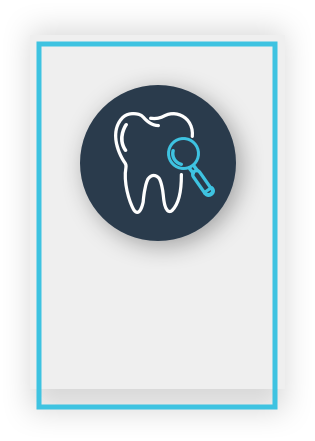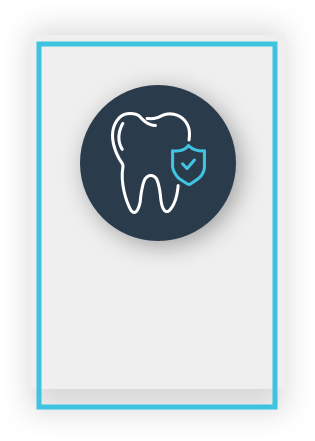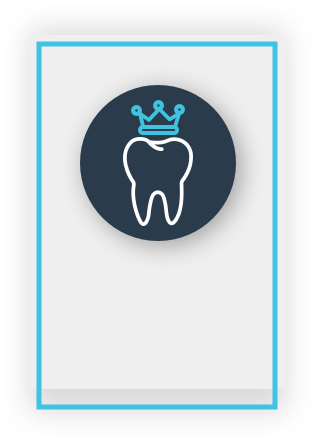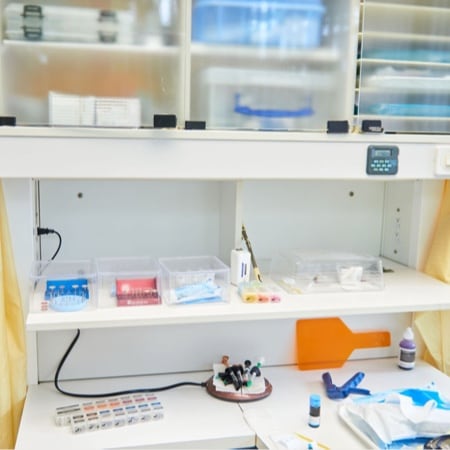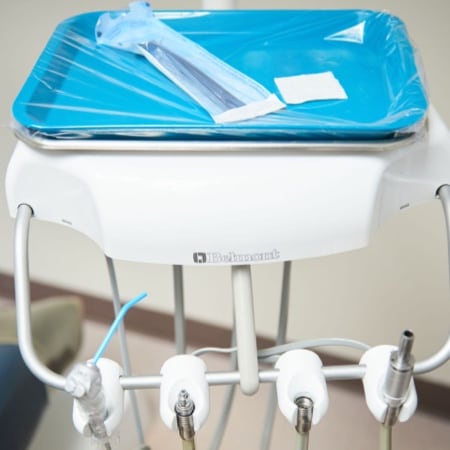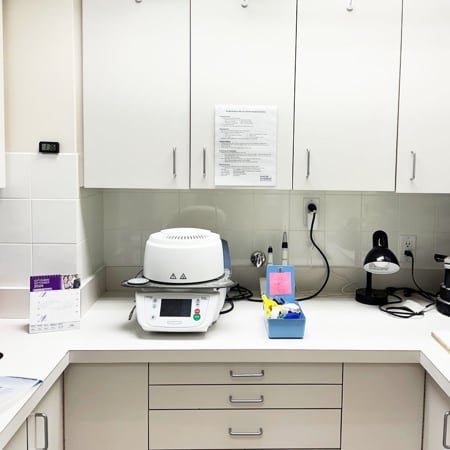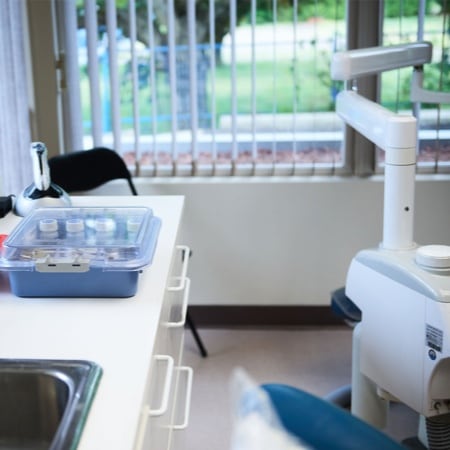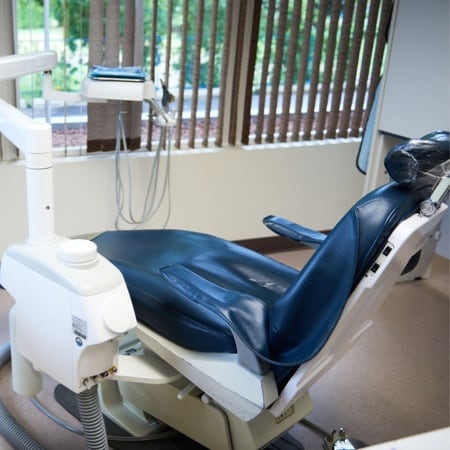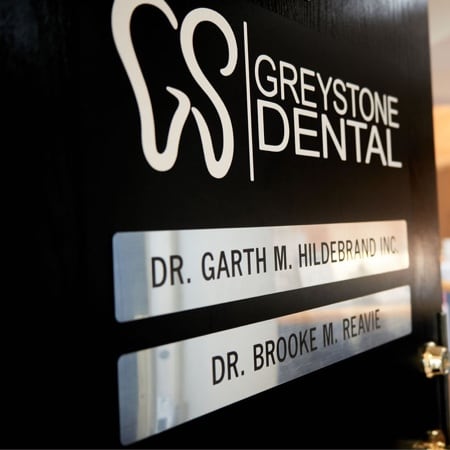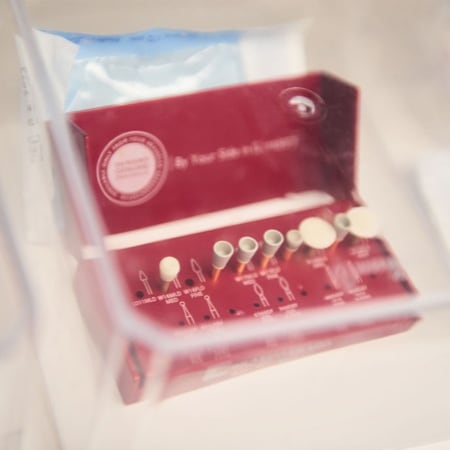Bad breath is a common experience. While it’s often caused by something as simple as what you’ve eaten, chronic bad breath might be signalling something more serious. One of the more common yet overlooked causes? Tooth decay.
Tooth decay doesn’t just affect your teeth. It can also influence the way your breath smells, particularly when cavities have gone unnoticed or untreated. Tooth decay can cause bad breath by creating spaces where bacteria thrive and produce foul-smelling gases. Understanding how the two are connected can help you take steps to support a healthier, fresher mouth.
What Is Tooth Decay?
Tooth decay is the result of acids produced by bacteria that feed on sugars left behind in your mouth. These acids gradually wear away the enamel, forming cavities. Decay can develop quietly over time, and in many cases, it doesn’t cause pain until that damage has progressed.
But cavities don’t just damage the structure of your teeth. They can also create a welcoming environment for odour-causing bacteria. When these bacteria build up inside decayed areas, they release gases. These gases often smell unpleasant.
How Tooth Decay Contributes to Bad Breath
Cavities are a possible source of halitosis. That’s because decayed areas of the tooth give bacteria a sheltered space to grow, often out of reach of regular brushing and flossing. Over time, this buildup can result in a stubborn odour that lingers even after you brush your teeth.
The process works like this:
- Bacteria become trapped in holes or pits in your teeth.
- These bacteria feed on leftover food and release foul-smelling byproducts.
- Decay often occurs in hard-to-reach areas, like between teeth or near the gumline.
- The deeper the decay, the stronger the potential odour.
Sometimes, even if you’re keeping up with your brushing and flossing routine, breath odour can persist if it’s linked to decay beneath the surface or hidden around old dental work.
Other Dental Causes of Bad Breath
Tooth decay isn’t the only dental issue that may lead to bad breath. Several other oral health concerns can contribute to unpleasant odours, especially if they involve bacteria or infection.
Common culprits include:
- Gum disease: Inflammation and infection of the gums can produce a distinct, persistent odour.
- Dry mouth: Saliva helps cleanse the mouth. When saliva levels drop, bacteria can thrive.
- Food impaction: Bits of food trapped between teeth can break down and begin to smell.
- Damaged dental work: Old fillings or crowns can leave gaps where bacteria gather.
Addressing these issues early, before they cause pain or more serious complications, can make a significant difference in how your mouth feels and smells.
Recognizing When Bad Breath Might Be a Problem
It’s normal to have morning breath or experience odour after eating certain foods, like garlic or onions. But if you notice that your breath still smells bad after brushing, or if people seem to avoid standing too close when you talk, it could be a sign that something’s not right below the surface.
Watch for these warning signs:
- A constant unpleasant taste in your mouth
- Sensitivity when eating sweet, hot, or cold foods
- Pain when biting or chewing
- Noticeable pits or holes in your teeth
- Gums that look swollen or bleed easily
These symptoms don’t always mean tooth decay, but they’re worth mentioning at your next dental visit.
What You Can Do at Home

While visiting a dentist is the most effective way to determine the cause of bad breath, there are habits you can adopt at home to help support better oral hygiene and potentially reduce odour:
- Brush your teeth twice a day using a fluoride toothpaste
- Floss daily to remove trapped food between your teeth
- Rinse with an alcohol-free mouthwash to reduce bacteria
- Stay hydrated to support saliva production
- Limit sugar and starchy foods that feed harmful bacteria
Children, too, can benefit from these habits. Teaching kids to take care of their teeth early on helps create a strong foundation for lifelong oral health—and fresher breath along the way.
Treating Decay to Improve Breath
If your bad breath is being caused by tooth decay, the only real solution is proper treatment. Cavities don’t go away on their own. Once you’ve been diagnosed, we may recommend a filling, crown, or other treatment depending on the extent of the damage.
When decay has reached deeper layers of the tooth, treatment may involve more than just a surface fix. In some cases, infections or abscesses need to be addressed before breath improves. That’s why regular checkups matter; they make it easier to catch problems early and treat them while they’re still small.
When to Book an Appointment
If you’re brushing and flossing regularly but still dealing with unpleasant breath, it might be time for a dental exam. Mints, mouthwash, or chewing gum can temporarily cover odours, but they won’t fix the root of the problem.
Seeing a dentist gives you a chance to:
- Identify and treat cavities or other sources of odour
- Clean areas that brushing and flossing miss
- Get personalized advice based on your unique oral health
You don’t have to wait for pain to take your dental health seriously. In fact, acting early is one of the best ways to avoid discomfort later on.
A Family-Focused Approach to Fresh Breath
Tooth decay is a common cause of chronic bad breath, but it’s also a manageable one. When caught early, the issue can be treated comfortably and effectively. By keeping up with good oral hygiene habits and staying on top of routine dental care, you can support a mouth that feels clean and smells fresh.
If you’ve been struggling with bad breath and suspect a dental issue might be behind it, visit us at Greystone Dental. Led by a caring father-daughter team, we offer gentle, family-friendly care in a welcoming environment.



